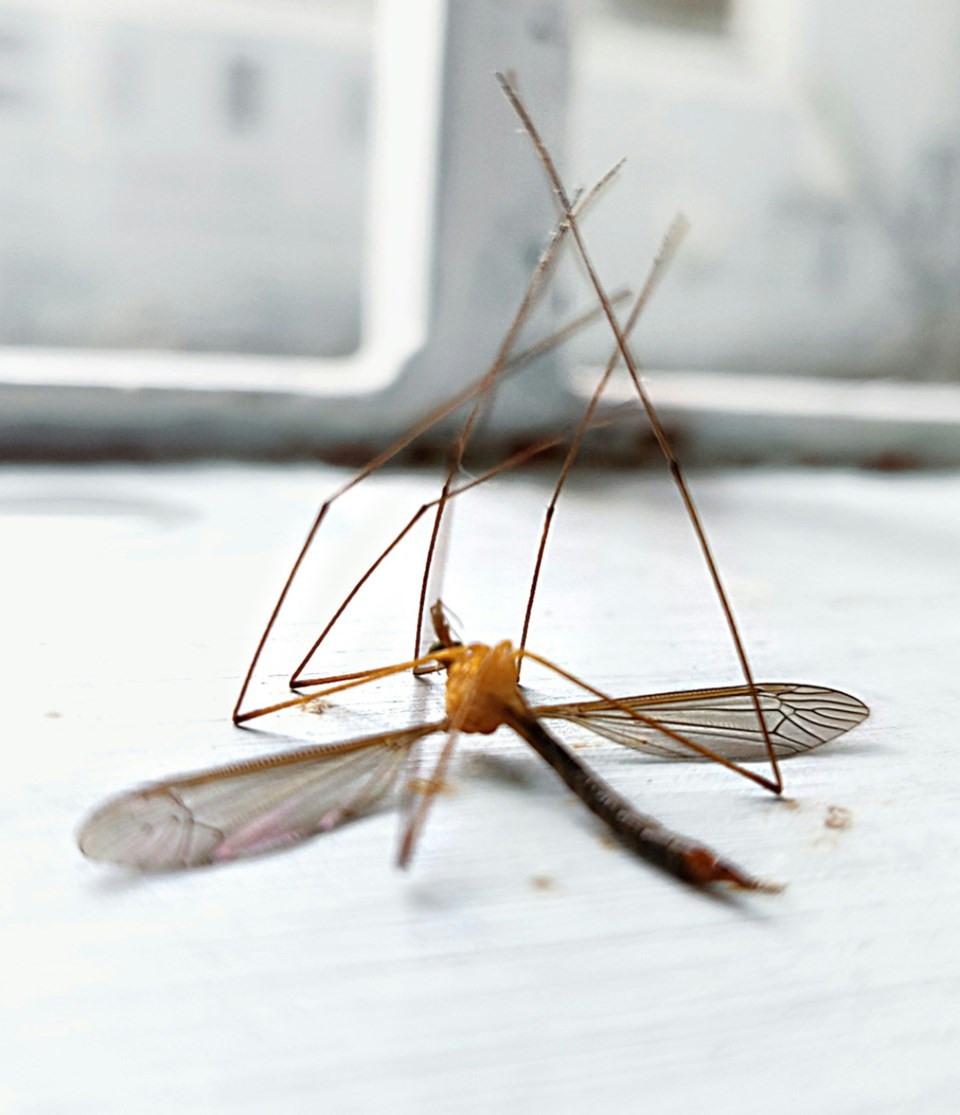REGINA — We are seeing a cooler, more damp start to summer. That has been a major factor in keeping the mosquito count on the low side for the last few weeks. That is about to change.
In the last two weeks, Regina has received over 48 millimetres of rain which is a perfect incubator for mosquito larvae.
Russel Eirich is the city’s Manager of Open Space Services. He says the count in traps is far below average, but they are getting reports that mosquito larvae are about to emerge.
“Avoid the dawn/dusk period, and wear loose fitting, light coloured clothing” that’s one of the tips Eirich offers to try and avoid being bitten.
“We really do need residents to help. We have seen a lot of rain, and anything that people can do to dump standing water in your back yard like rain barrels, empty paint cans or buckets, even dishes, anything that can hold water will help mosquitos out.” Eirich says. It's believed just a cup of water, could produce one thousand mosquitos.
Mosquito larvae don’t need a lot of water to develop into adults.
The city has been spraying major bodies of water around town with a biological treatment. Eirich says the treatment is called Vectobac. The mosquito larvae feed on it, and it stops them from eating anymore, and they die.
As mentioned, the mosquito counts have been below average, including the species culex tarsalis, which is known to carry West Nile Virus.




